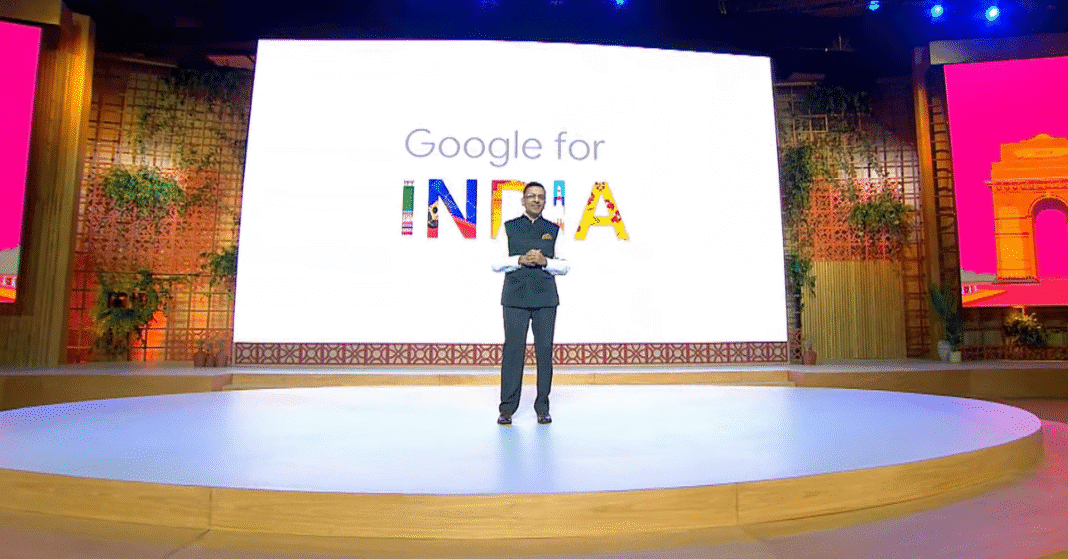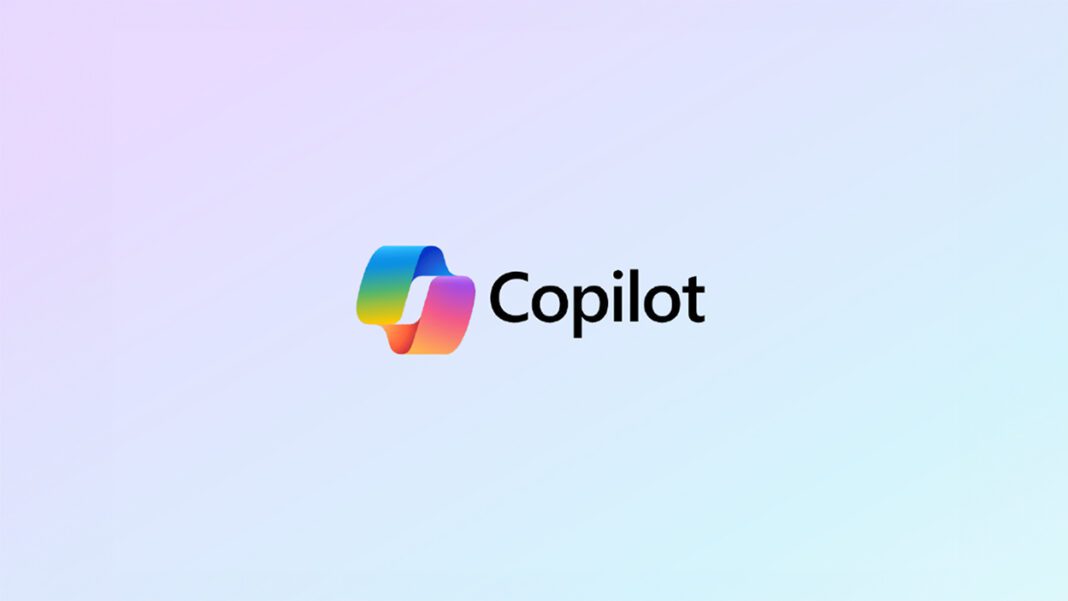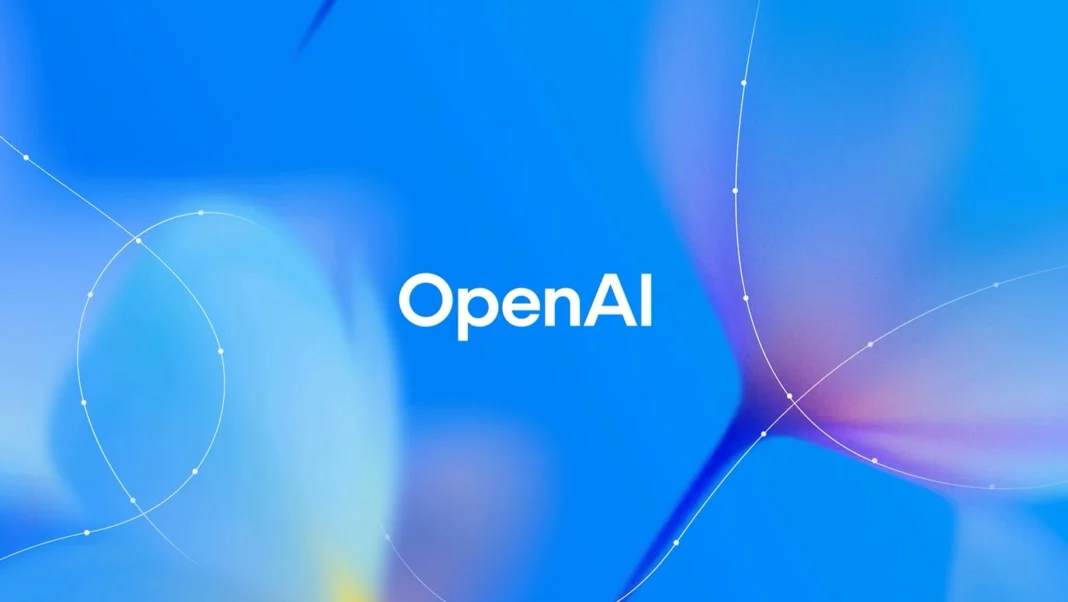Google has announced its latest accelerator programme in India: Google for Startups Accelerator: AI First. It has selected 20 Indian AI startups from over 1600 applications to be part of the cohort.
These startups are working across industries such as healthcare, finance, climate, education and more — using advanced AI technologies like agentic AI, multimodal AI, foundational models, and solutions oriented around responsible AI.
Key Details
| Aspect | Details |
|---|---|
| Program name | Google for Startups Accelerator: AI First — India |
| Participants | 20 startups, from Seed to Series A |
| Selection pool | More than 1,600 applicants from across India |
| Support offered | Google Cloud infrastructure; access to Google’s Gemini models; technical mentorship; go-to-market strategy guidance |
| Focus Technologies | Agentic AI (~45%), Multimodal AI (~30%), plus foundational models & Responsible AI (~25%) |
Who Are the Startups & What They Do
Here are some of the standout startups in this cohort, and the kinds of AI-solutions they are building:
- Adya AI – an agentic AI platform for enterprises, letting them build, orchestrate, scale secure and composable domain-agnostic solutions.
- Aignosis – healthtech using webcam-based autism screening to allow early, affordable detection of neurodevelopmental disorders.
- AiSteth – smart stethoscope for early detection of cardio-respiratory disorders; also developing a biotech foundational model.
- ORBO AI – vertical AI operating system for beauty products: virtual try-ons, skin analysis, personalized product recommendations.
- VideoSDK – real-time AI agents that can listen, speak, see and take action.
- Others include: Pulse, Sortment, Vaani AI, Protecto, Segmind among others.
These startups tackle both consumer‐facing features (voice, multimedia, user interaction) and enterprise needs (security, data platforms, efficiency).
Why It Matters
- Accelerated Growth of Indian AI Ecosystem: India’s startup landscape for Generative AI has grown ~3.7× over the past year. This cohort helps deepen that momentum.
- Addressing Real Challenges: Startups here are not just doing experiments — many are working on systemic issues (healthcare screening, climate resilience, multilingual and multimodal tools) that have wide societal impact.
- Aligning with National Initiatives: The program aligns with the IndiaAI Mission startup pillar. It supports government goals around responsible, scalable, inclusive AI development.
- Access to Premium Tools & Mentorship: Gemini models, cloud infrastructure, mentorship and go-to-market support can help overcome major barriers that Indian startups often face (data, compute, scaling).
Possible Challenges & What to Watch
- Scaling & Commercialization: Moving from prototype / pilot to scale, especially in regulated sectors (health, finance) will test these startups.
- Responsible AI & Ethical Deployments: As AI tools become more powerful, concerns around bias, data privacy, robustness become critical. Ensuring compliance, transparency will be important.
- Competition & Talent: There is growing competition globally and within India; who can attract top talent and maintain innovation will matter. Also, access to large datasets and compute remains a challenge.
- Sustainability: The long-term viability of business models, especially for socially-oriented products, depends on funding, adoption, and regulatory support.
Implications & What to Expect
- Increased venture capital interest in AI startups in India — this kind of visible backing from Google is likely to draw more domestic & international investment.
- More Indian startups may attempt to build foundational or responsible AI models (not just applications) because of signal & support.
- For industries (health, climate, education), we could see new tools being adopted in real settings as these startups scale.
- Government and policy bodies may increase support (grants, infrastructure, regulation) to aid scalable AI development.
Conclusion
Google’s selection of 20 Indian AI startups for its AI First accelerator is a strong signal that India’s AI ecosystem is maturing. With access to powerful AI models, technical and go-to-market mentorship, these startups are well positioned to tackle major challenges and scale. How well they do will depend not just on technology, but on execution, ethics, regulation, and matching solutions with real needs.



